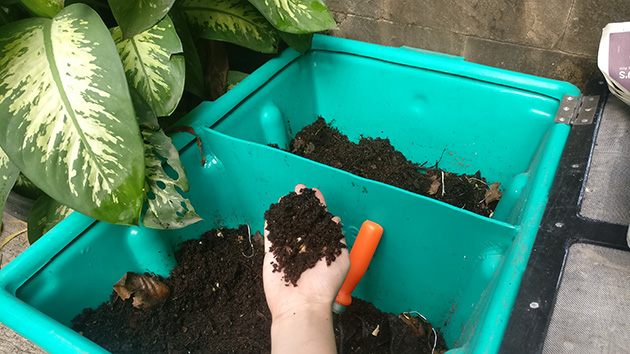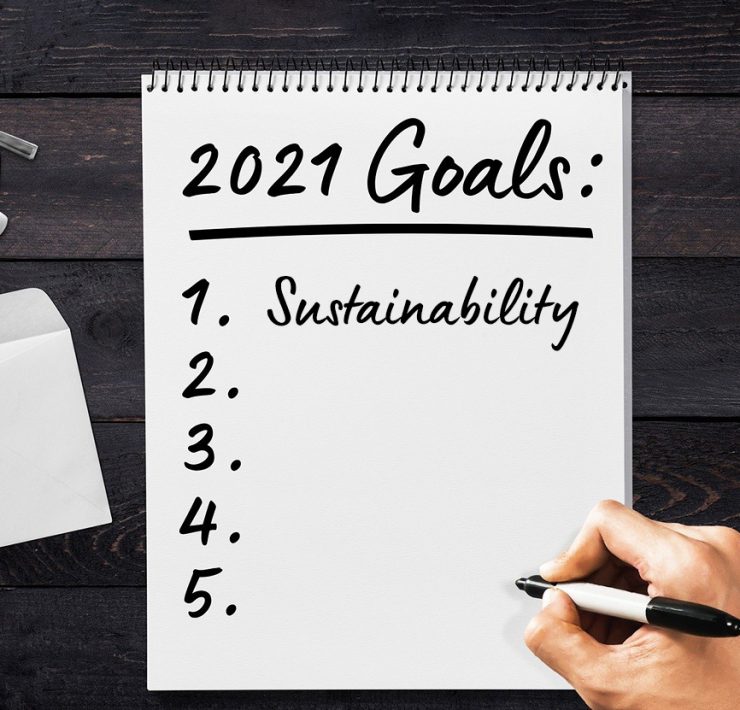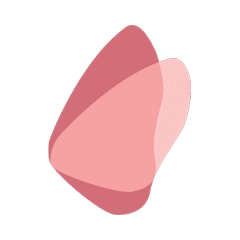Here’s why you should start composting today
- Humans are the only species to generate waste that can’t naturally decompose, making composting not just a crucial but also necessary part of urban living, says Rajeshwari Phadtare Mahadik.

We’re a team that is unlearning modern-day, convenient living to…
In their book Waste of a Nation – Garbage and Growth In India, authors Assa Doron and Robin Jeffery state that India generates 65 million metric tons of waste per year. To make it easier for the reader to grasp that number, they add that it equals to 38 million Toyota Corollas piled up. Delhi’s landfills are said to have hit their full capacity a decade ago and Mumbai’s Deonar landfill is a ticking time bomb having already caught fire twice, leading to the entire area being engulfed in a toxic haze for days on end.
Basically, we’re drowning in and choking on our waste. Now, more than 50% of this waste is organic matter or biodegradable substances – a big part of which is one’s kitchen waste. The numbers are staggering, yes, but before you think about what you can do to help, consider this: an average urban Indian generates nearly 700 grams of solid waste per day, which amounts to 250 kg in a year. Out of this more than 125 kgs is wet waste. This means one can single-handedly cut down more than 100 kgs of waste directed to the landfills every year! As a mid-size family, more than 400 kgs!
While the problem at hand is colossal, the silver lining is that our individual contribution can go a long way in curbing the problem. If you’re a composting novice, here’s a quick look at what the exercise entails.
1. What is Composting?
Composting is a natural method of waste disposal and soil fertilization. Compost forms as a result of the natural breakdown of organic materials into fine particles by bacteria, fungi, insects, worms etc that live in the soil. Once made, compost can be used to fertilise soil and give it a better structure while retaining its properties. If you look around in nature, the green and dry leaves, branches, twigs, animal waste, vegetable waste – everything is being broken down into rich humus by millions of microorganisms in the soil. Composting is essentially using nature’s potential to process waste, in a more controlled environment.
2. What are the different types of Composting?
There are three types of composting methods that are widely practised:
A. Aerobic Composting:
This type of composting is the most popular among the urban house dwellers. Aerobic, as the name goes, involves air circulation for the breakdown of organic matter. The organic matter can include wet kitchen waste, dry leaves, grass, brown paper, cartons, coconut fibre etc. This method of composting can be done in any container with punched holes for air and oxygen to play around. The mixture of organic waste and microbes (a culture of cellulolytic and lignolytic micro-organisms) accelerates microbial activity, facilitating the compost to be ready within a span of 30-40 days. This method of composting is much faster as compared to Anaerobic composting. As a beginner in the world of composting however, it is advisable to start with Aerobic composting.
B. Anaerobic Composting:
This method of composting is the exact opposite of Aerobic composting. Anaerobic requires a completely different set of microorganisms that do not require oxygen and air to survive. So this basically involves tossing your wet waste into a container with no holes but just an airtight lid. This method is widely used in waste processing plants to treat large amounts of mixed waste from the municipality and bulk generators. The principle of Anaerobic composting is applied very efficiently in Bio Gas/Gobar gas systems in villages where the end product methane is captured for cooking, heating and electricity generation. It can also be implemented at home or on a smaller scale, if you have space limitation. An average Anaerobic home composter takes 45-60 days depending on the maintenance.
C. Vermi Composting:
Vermi composting is the process of turning organic debris into worm castings with the help of red wrigglers and composting worms. The worm castings are very important for the fertility of the soil and have excellent aeration, porosity, structure, drainage, and moisture-holding capacity. This is however more suited for composting in a relatively larger and open space.
3. What kind of waste can go into the bin and what kind of waste must stay out of it?
Fruit and vegetable scrapes, ground tea and coffee, garden waste, paper products, egg shells etc. can go into the bin. What must stay out is plastics, glass, metal, aluminium foil, alcohol, e-waste, bio- medical waste etc. A lot of people keep citrus peels away from the compost pile because of its acidic nature. However, when added in moderation along with other kinds of waste, they help the process. Citrus fruits aren’t the worms’ favourite snack, and that is why it’s not ideal for vermi composting, but it doesn’t harm the process as much as it is believed to. Basically, your citrus peels belong in the compost pile as much as any other kinds of food waste.

4. What are the common myths around composting?
That composting is a ton of work! It really isn’t. The worms and microbes do most of the work. The second assumption is that composting stinks. It does not. In fact, a well-maintained and aerated compost bin has an earthy scent. Thirdly, that composting takes up a lot of space. You can choose a bin that best matches your requirements in terms of waste generation and space limitation.
5. Why must one compost?
If you think that composting will not make any difference to the planet, think again. In a city like Mumbai, we are disposing off almost 70% of compostable organic waste into the landfill on a daily basis. Organic matter that we toss in the trash contributes to climate change. Methods of waste disposal (incineration, dumping in the water bodies, landfills) cause dangerous levels of pollution and lead to alarming levels of green house gas emissions. Recycling our waste in a decentralized manner will greatly help to reduce the burden on our landfills and in the process, create rich manure that will enhance your garden plants. Besides, some municipal corporations offer incentives too. Mumbai housing societies for instance, can avail of 15 per cent property tax rebate if they follow segregation rules, conduct wet waste composting, reuse dry waste and recycle grey water (any water apart from toilet waste, draining from a household is grey water). For e.g. water that has been used for washing dishes, laundering clothes, or bathing.
Rajeshwari is a consultant for home and community composting solutions.
We’re a team that is unlearning modern-day, convenient living to be able to lead an environmentally ethical life, and in the process sharing our insights with our readers.











